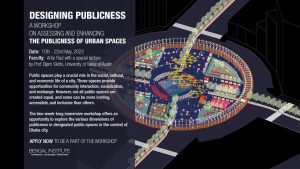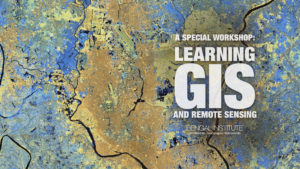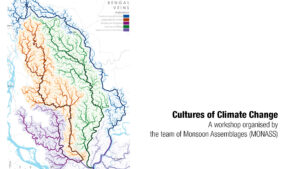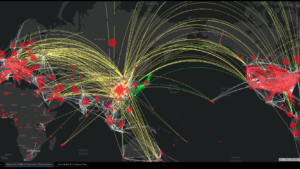
Arfar Razi
Coordinator of the Academic Program
Bengal Institute Team
Coordinator of the Academic Program, Bengal Institute for Architecture, Landscapes and Settlements
Fulbright Scholar | Geographer | Planner
Arfar Razi leads the academic programs at the Bengal Institute for Architecture, Landscapes and Settlements. Trained as a geographer, Razi is a Fulbright Scholar, having graduated in planning from the University of Texas at Austin with a focus on environmental and land use planning in Dhaka. With a diverse background in urban geography, environmental planning, and geomorphology, Razi is driven by a passion for addressing critical urban and environmental issues through innovative, community-driven, and nature-based approaches.
As a principal researcher at BI, Razi has been involved in significant projects such as Dhaka Nexus, Bangladesh Sedimentation Study, Dhaka Population Study, The Padma Fluvial Changing Analysis, The Ganges Delta Study, and Sylhet Regional Study. Through these projects, he has developed novel methodologies for understanding urban areas within a hydro-geomorphic context, focusing on regional planning and sustainable development. Razi’s expertise in nature-based solutions has been recognized through his participation as a finalist in the Nature-Based Solutions Challenge organized by Wageningen University & Research. He has also lectured on aquagraphy during Bengal Institute’s joint studio programs with TU-Delft and led several national and international workshops facilitated by the University of Westminster and Bengal Institute. He occasionally teaches as a guest lecturer in the Community and Regional Planning Program under the School of Architecture at the University of Texas at Austin.





